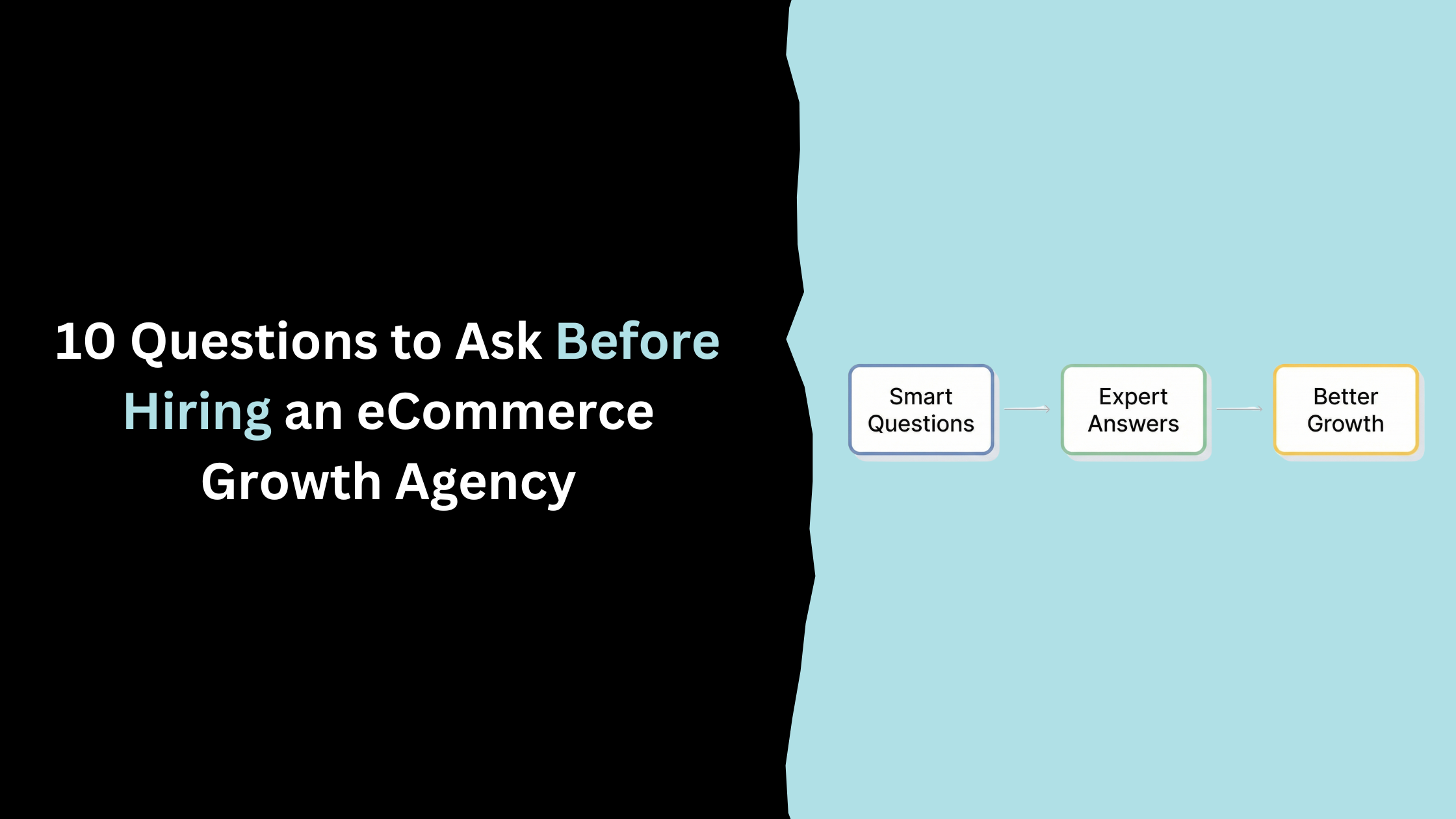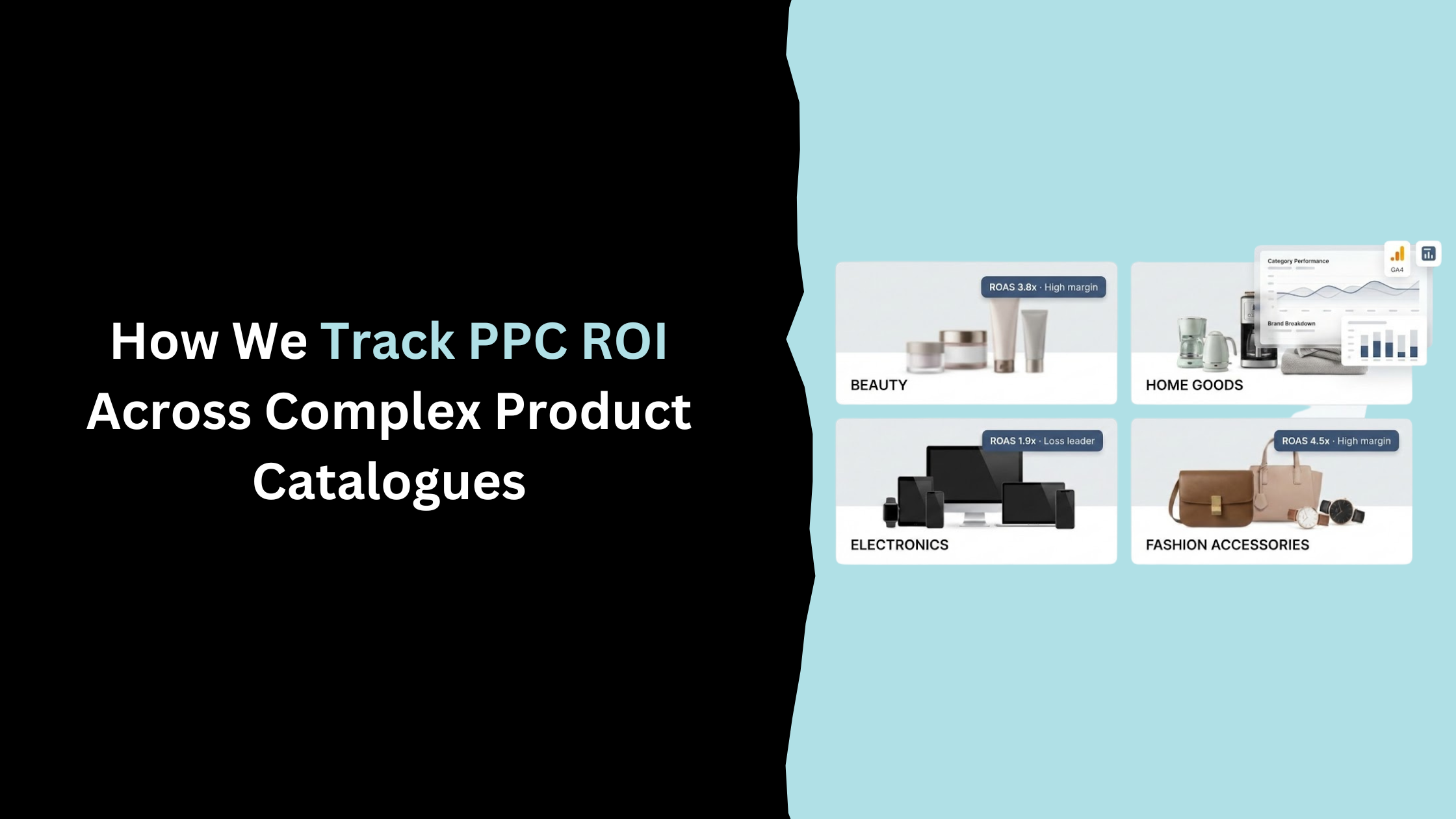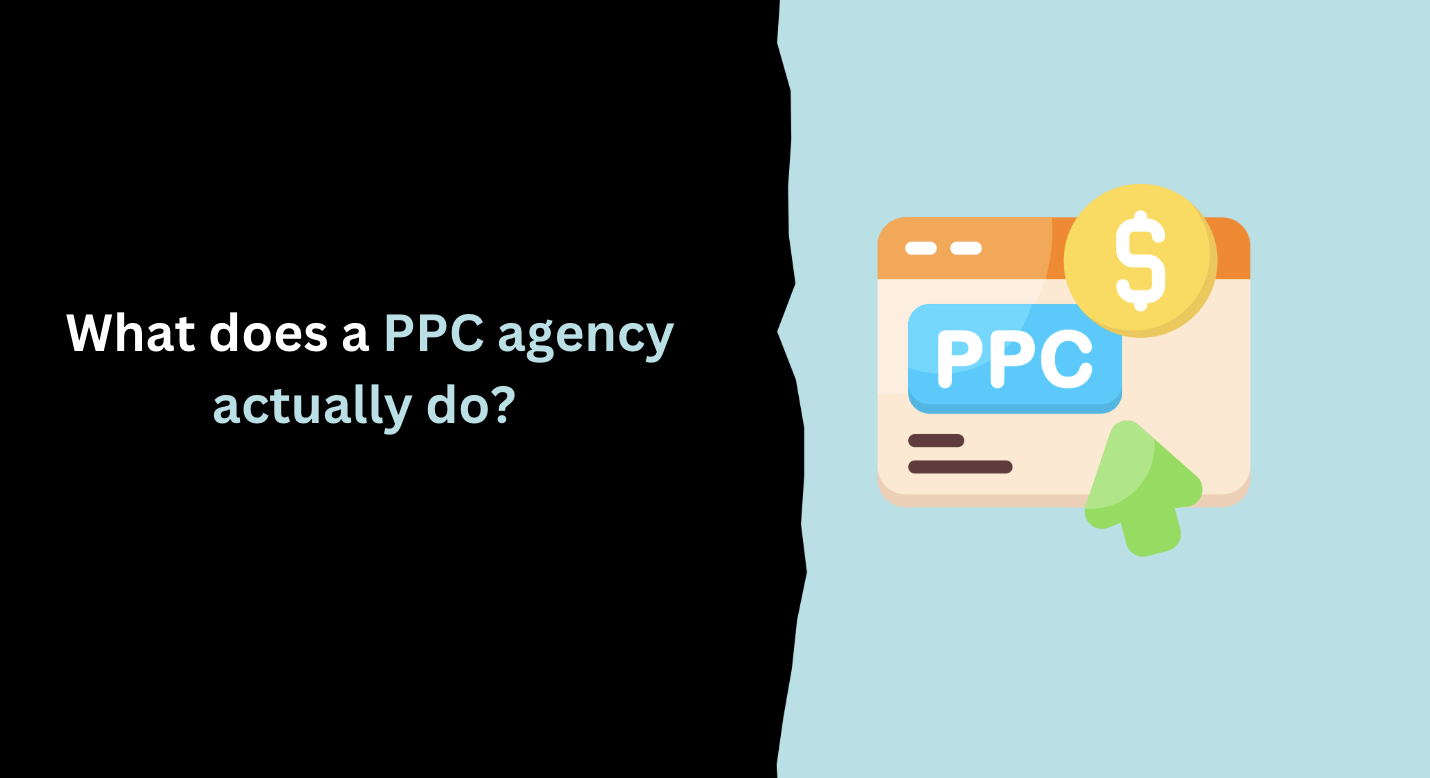Table of Contents
Without proper oversight and optimisation, paid search campaigns can become inefficient, and ineffective. Conducting a comprehensive paid search advertising audit allows marketers to analyse the performance, uncover areas of inefficiency, and identify opportunities for growth and improvement.
Here's a step-by-step guide on how to perform an effective PPC audit. At SearchUp we strongly believe in being fair and transparent when we conduct audits of accounts that other companies are running; we always call out the good things in an audit as well as things that could be improved. It’s also important as an auditing agency to call out that many things in a paid media account’s setup could be subjective, and have a context that the auditor may not know about. Having an active discussion between the auditor and those who set the ad account up will help ensure that context is taken into account.
1. Define the Objectives of Your Audit
Before diving into the technical details, it’s essential to outline the objectives of your audit. The goals will depend on the business needs, but they usually include:
- Reducing unnecessary ad spend
- Improving conversion rates
- Enhancing ad relevance and targeting
- Maximising return on ad spend (ROAS)
- Brand protection
Clear objectives will provide direction and focus for the audit, helping ensure you address key performance areas.
2. Evaluate Account Structure
The foundation of any successful PPC campaign starts with a well-organised account structure. A clean, logical structure not only ensures easy management but also improves the performance of your campaigns. During your audit, look at:
- Campaign Organisation: Are campaigns grouped by product lines, services, or goals? Poorly structured campaigns can waste budget and confuse targeting.
- Ad Groups: Ensure each ad group is tightly themed, targeting specific keywords and ad variations.
- Geographic Targeting: Verify that campaigns are targeting appropriate geographic locations. If your business is local, ensure you’re not wasting spend on irrelevant locations.
- Campaign Types: Are the most suitable campaign types being utilised, for instance an online retailer will usually benefit most from shopping and / or Performance Max. campaigns in addition to traditional search campaigns.
A well-structured account makes it easier to optimise and scale campaigns.
3. Keyword Review
Keywords are at the core of any paid search campaign, and optimising your keyword strategy is crucial. During the audit:
- Search Query Report: Check what search terms are triggering your ads. Are they relevant to your product or service? If not, add them to your negative keyword list.
- Keyword Match Types: Evaluate the mix of match types (broad, phrase, exact). Too many broad match keywords can lead to wasted spend.
- Keyword Performance: Identify top-performing keywords based on conversions and eliminate or adjust bidding for underperforming ones.
- Negative Keywords: Ensure you have a robust list of negative keywords to prevent irrelevant searches from triggering your ads.
A well-maintained keyword list improves both ad relevance and cost-efficiency.
4. Review Ad Copy and Extensions
Your ad copy needs to be compelling, clear, and directly related to the searcher’s intent. Audit your ads with the following in mind:
- Relevance: Ensure ad copy aligns with the keywords and landing pages.
- Call to Action (CTA): Are your CTAs strong and clear? Every ad should guide users towards the next action you want them to take.
- A/B Testing: Regularly test multiple versions of ads to identify which copy performs best.
- Ad Extensions: Take advantage of all relevant ad extensions (site links, callouts, structured snippets, etc.). Extensions increase visibility and provide additional user information.
We recommend responsive search ads, and pinning some, but not all, headlines and descriptions to a position. Well-crafted, relevant ads will boost your click-through rate (CTR) and ad quality scores.
5. Analyse Landing Pages
Even with the best ads, if your landing pages don’t convert, your PPC campaigns will underperform. Key considerations when auditing landing pages include:
- Relevance to Ads: Ensure there is a strong connection between the ad and the landing page content. Consistency improves user experience and conversion rates.
- Page Speed: Slow loading pages lead to higher bounce rates. Use tools like Google’s PageSpeed Insights to identify and fix any speed issues.
- Mobile Optimisation: Given the increasing number of mobile users, your landing pages must be responsive and optimised for mobile devices.
- Conversion Tracking: Confirm that all forms, buttons, and key actions are properly tracked.
The goal is to provide a seamless user experience that leads to higher conversion rates.
6. Bid Strategy and Budgeting
Effective budgeting and bid management can make or break a campaign. During the audit:
- Bid Adjustments: Analyse bid adjustments based on device, location, and time of day. You may find that some segments perform better and should receive higher bids.
- Automated vs. Manual Bidding: Review the effectiveness of your bidding strategy. For some campaigns, automated bidding strategies like Target CPA or Target ROAS may outperform manual bidding.
- Daily Budgets: Ensure campaigns are adequately funded. Underspending may limit exposure, while overspending on underperforming campaigns can waste your budget.
An optimised bidding and budget strategy ensures maximum efficiency and effectiveness.
7. Conversion Tracking and Analytics
Without proper tracking in place, it’s impossible to measure the success of your PPC campaigns. During the audit:
- Tracking Accuracy: Ensure that conversion tracking is properly set up. Google Ads, Facebook Ads, and other platforms should be synced with your analytics software to provide complete data.
- Attribution Models: Review your attribution settings. Are you using a model that best reflects the customer journey? Adjust accordingly if first-click or last-click attribution isn’t telling the whole story.
- Key Performance Indicators (KPIs): Identify which KPIs matter most to your business (e.g., cost per conversion, conversion rate, ROI) and ensure you’re tracking and optimising toward them.
Proper tracking provides clarity on campaign performance and helps guide future optimisations.
8. Quality Score Analysis
Google Ads assigns a Quality Score to each of your keywords, which is based on the relevance of your ad, expected CTR, and landing page experience. A higher Quality Score leads to lower costs and better ad placements. During the audit:
- Identify Low Quality Scores: Investigate keywords with low Quality Scores (below 6). Focus on improving ad relevance, CTR, and landing page quality for these keywords.
- Optimise High-Quality Keywords: For keywords with high Quality Scores, consider increasing your bids to gain more traffic and conversions.
A strong Quality Score ensures that your ads are competitive and cost-effective.
9. Competitor Analysis
It’s important to understand where you stand relative to your competitors. Utilise tools such as SEMrush, SpyFu, or Google Auction Insights to analyse:
- Competitor Bids: Are you being outbid by competitors? If so, consider adjusting your strategy or focusing on niche keywords.
- Ad Positioning: Assess how often your ads appear in top positions compared to competitors.
- Competitor Ad Copy: Take a look at your competitors’ ad copy. Are they offering promotions or using language that you can adapt?
Understanding competitor strategies can help you refine your own campaigns and stay ahead of the market.
10. Summarise Findings and Make Recommendations
After thoroughly reviewing each component of your paid search campaigns, it’s time to summarise your findings. Focus on:
- Areas of wasted spend
- Opportunities for improvement
- Actionable recommendations
Prioritise changes based on their potential impact and ease of implementation. For example, tightening up keyword lists and adjusting bids might yield quicker improvements than overhauling landing pages, which may require more time and resources.
Conclusion
Conducting a PPC audit can uncover hidden opportunities, reduce inefficiencies, and maximise the return on your advertising investment. By thoroughly examining account structure, keyword strategy, ad copy, landing pages, bid management, and conversion tracking, you’ll be well-positioned to optimise your campaigns for better performance. Regular audits—whether quarterly or annually—will ensure your paid search strategy remains agile and effective, keeping your business ahead in an increasingly competitive digital landscape.
Get in touch today
complete the form below for an informal chat about your business








